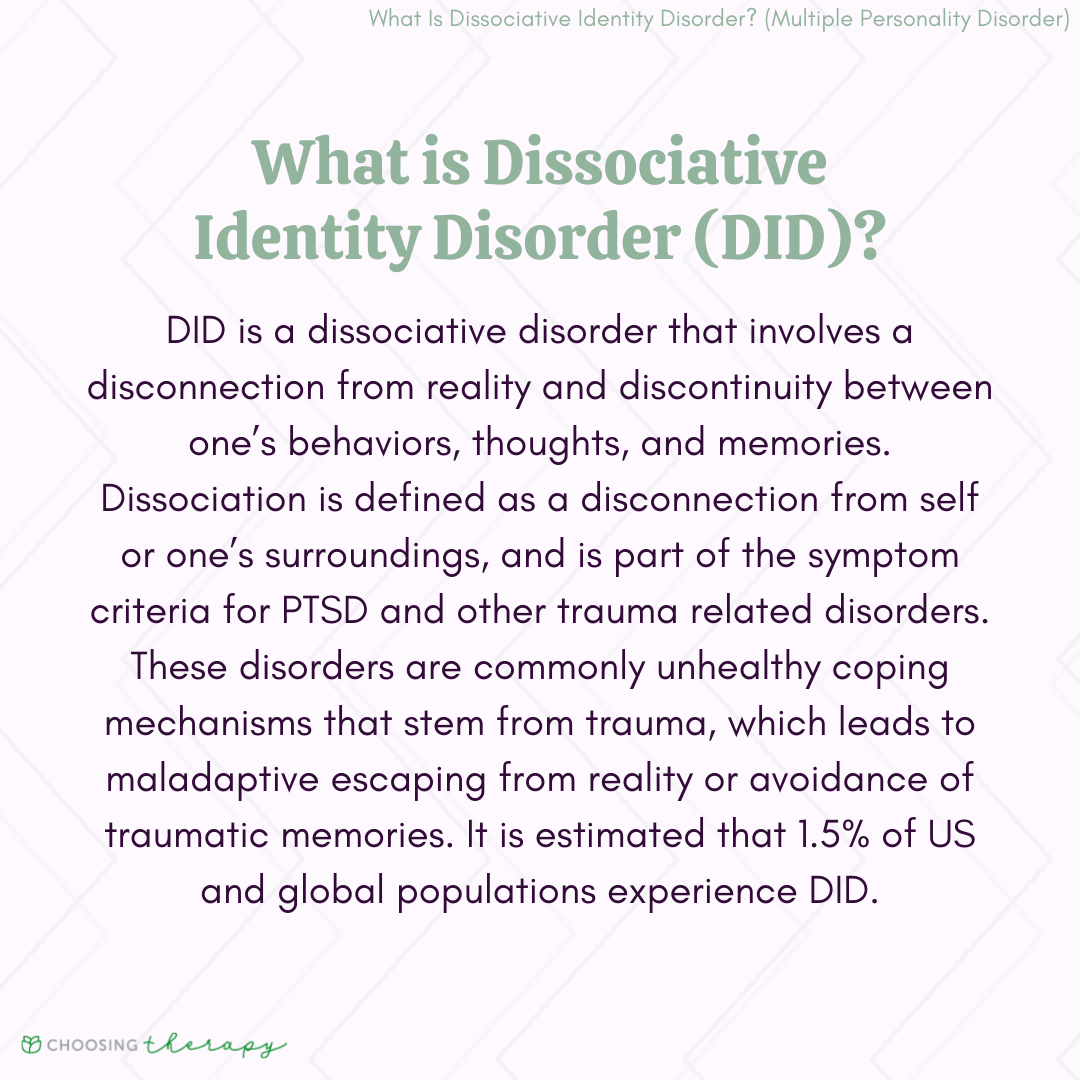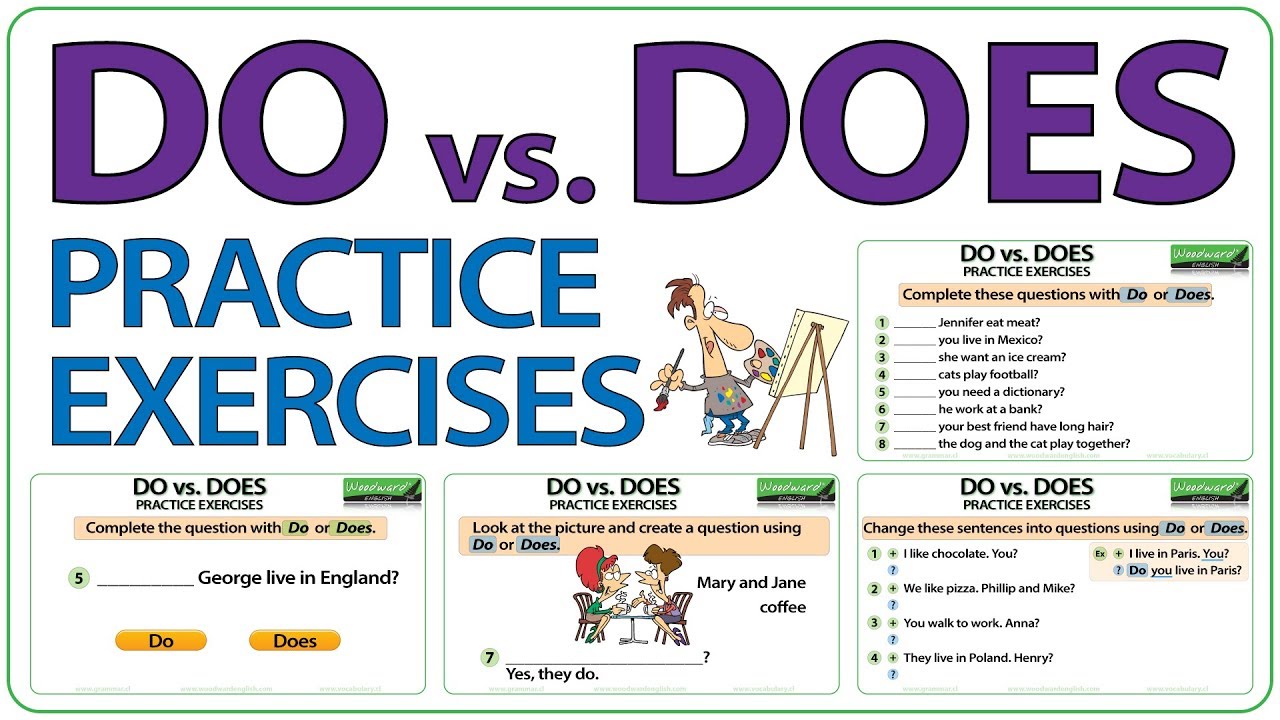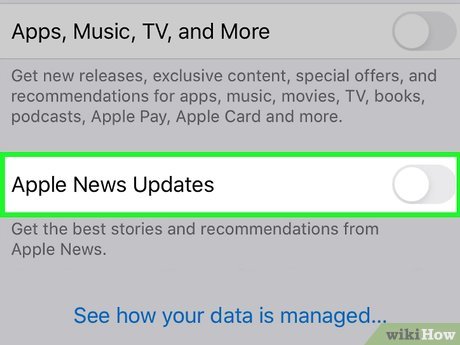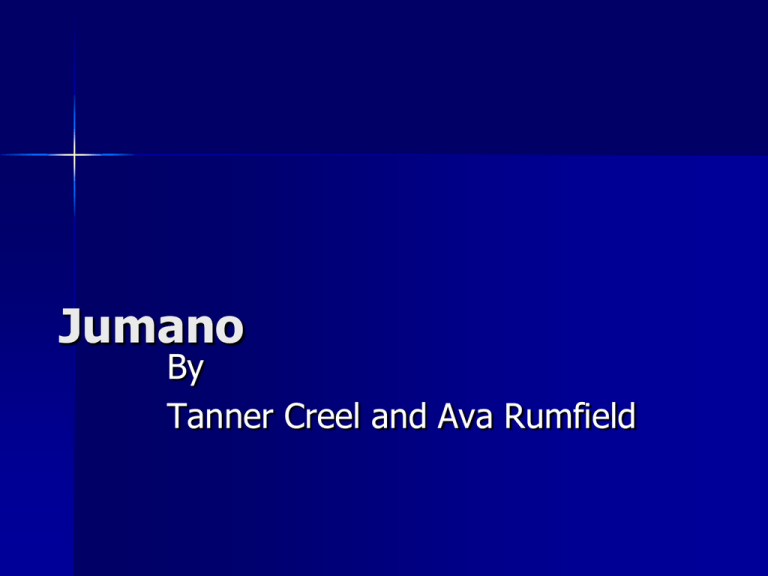Liberal Arts College vs. University: Understanding Your Options and the Value of a Bachelor of Arts
Liberal Arts College vs. University: Key Differences
Choosing between a liberal arts college and a university is often one of the first big decisions for students pursuing higher education. While both offer valuable opportunities, the two models differ in academic focus, campus culture, class size, and long-term benefits. Understanding these distinctions can help you make a more informed decision about your educational future.
What Is a Liberal Arts College?
Liberal arts colleges are typically small, undergraduate-focused institutions that emphasize a well-rounded education. These colleges encourage students to explore a wide range of subjects-humanities, sciences, social sciences, and arts-before selecting a major. The curriculum is designed to develop adaptability, critical thinking, analytical reasoning, and communication skills that are applicable across various careers [5] .
Class sizes at liberal arts colleges are generally small, which means more individualized attention from faculty and a classroom environment that invites discussion and participation. This setting fosters close-knit relationships and community, providing greater access to research projects and leadership opportunities even for undergraduates [1] .
What Is a University?
Universities are larger institutions that offer both undergraduate and graduate degrees. They typically provide a broader selection of majors and programs, including professional and research-focused tracks. Students at universities often have the chance to participate in advanced research and benefit from specialized facilities and faculty expertise [2] .
Universities may have large class sizes, especially in the first two years, and students may interact with teaching assistants rather than professors in some courses. The campus culture is often more diverse, with a wider array of extracurricular activities and more anonymity for students who prefer a less intimate environment [1] .

Source: ar.inspiredpencil.com
Academic Flexibility vs. Specialization
Liberal arts colleges typically offer more academic flexibility, allowing students to try various disciplines before declaring a major. This appeals to those who are undecided about their career path or want to combine different fields. In contrast, universities may require students to specialize early, focusing on structured degree paths aligned with professional fields like engineering, business, or medicine [2] .
Students who value hands-on research may find both environments rewarding, but liberal arts colleges often emphasize undergraduate research, while universities may focus more on graduate-level projects [3] .
Campus Life and Community
The size and culture of the campus can significantly affect your college experience. Liberal arts colleges tend to have smaller, close-knit communities where it’s easier to form relationships and take on leadership roles. Universities, on the other hand, offer a wider range of clubs, sports, and cultural organizations, but it may take more effort to find your niche [4] .
When considering your options, think about whether you prefer a personalized setting where faculty know your name, or a larger environment with more anonymity and a wider variety of activities.
Is a Bachelor of Arts Useless?
A common question is whether a Bachelor of Arts (BA) degree, often earned at liberal arts colleges, is less practical or even “useless” compared to more specialized degrees. The reality is that a BA degree provides a broad set of skills that are in demand across many industries.
The Versatility of a Bachelor of Arts
Employers frequently seek candidates with strong communication, analytical, and problem-solving abilities-all of which are cultivated through a liberal arts education. Fields such as law, education, public service, media, and business regularly hire BA graduates for their ability to think critically and adapt to new challenges [5] .
While some careers (like engineering or accounting) require specialized degrees, many roles value the transferable skills developed in a liberal arts program. In fact, the World Economic Forum consistently lists critical thinking, creativity, and interpersonal skills as essential for the future workforce-a strong argument for the enduring value of a BA degree.

Source: difference101.com
Career Preparation and Outcomes
Liberal arts graduates work in diverse industries. For example, many enter management, marketing, government, non-profit, or technology sectors. Companies such as Google and Apple have publicly stated their appreciation for liberal arts backgrounds due to the innovative and flexible thinking these employees bring. Additionally, many BA holders pursue graduate or professional degrees, further enhancing their career prospects [1] .
According to the National Center for Education Statistics, liberal arts graduates have comparable long-term earnings to many specialized degree holders, especially as they advance into leadership and management roles. However, it’s important to note that early-career salaries may be lower for some BA graduates compared to those in technical fields. Over time, career growth and adaptability can close this gap.
Addressing Common Concerns
Some students worry about the practicality of a BA due to perceptions of limited job opportunities. To maximize the value of a liberal arts degree, consider supplementing your education with internships, study abroad experiences, or relevant minors. Developing digital skills or industry certifications alongside your BA can also enhance employability.
For students interested in specific careers, it’s wise to consult career advisors early on and plan for any additional qualifications that may be needed. Many organizations offer mentorship, networking events, and job placement support for liberal arts graduates. You can typically find these services through your college’s career center or alumni network.
How to Choose: Liberal Arts College or University?
When deciding between a liberal arts college and a university, reflect on your learning style, career goals, and the type of environment in which you thrive. Consider the following steps:
- Research Programs: Review the curriculum and degree programs offered by each institution. Liberal arts colleges tend to offer more flexibility, while universities may have more specialized tracks.
- Visit Campuses: If possible, schedule visits or virtual tours to get a sense of campus life, class size, and culture.
- Speak to Current Students and Alumni: Ask about their experiences and how their education prepared them for their careers.
- Consult Academic and Career Advisors: Institutions offer guidance to help you understand potential career paths and outcomes based on your interests.
- Consider Financial Factors: Compare tuition, scholarship opportunities, and potential return on investment. Both liberal arts colleges and universities offer financial aid; use the official FAFSA website (fafsa.gov) to apply for federal aid.
If you need help accessing specific resources, you can search for your prospective college’s official website or contact their admissions office. For federal financial aid, visit only the official FAFSA site (fafsa.gov) or consult your school counselor for assistance.
Maximizing the Value of Your Degree
Regardless of your choice, there are ways to maximize the value of your college experience and your degree:
- Engage in internships and networking opportunities early
- Participate in leadership roles and extracurricular activities to build your resume
- Seek out undergraduate research projects or independent studies
- Pair your major with a minor or certificate in a complementary field
- Utilize career services and alumni networks for mentorship and job leads
Many professional organizations and industry groups offer student memberships, career fairs, and mentorship programs. You can find these by searching for your intended field along with “professional association” or “student chapter.” For example, aspiring marketers might explore the American Marketing Association, while those interested in public policy could look into the American Political Science Association.
Key Takeaways
Liberal arts colleges and universities offer distinct educational experiences, each with unique benefits. A Bachelor of Arts degree is far from useless-it can open doors to a wide range of careers and provide you with the adaptable skills needed in today’s workforce. The best choice depends on your personal preferences, goals, and the environment in which you’ll thrive.
To take the next step, research your options thoroughly, speak with advisors, and consider how each path aligns with your ambitions. Remember to rely on official sources for applications and financial aid, and seek guidance from your school’s career center for tailored advice.
References
- [1] Niche (2017). Liberal Arts College vs. University.
- [2] A-List Education (2024). Liberal Arts Colleges vs. Universities: What’s the difference?
- [3] College Essay Guy (2023). What is a Liberal Arts College?
- [4] Solomon Admissions Consulting (2024). Liberal Arts College vs. University Education: Which is for You?
- [5] Prepory (2024). Liberal Arts College vs University: Which is Right for You?
MORE FROM oncecoupon.com













